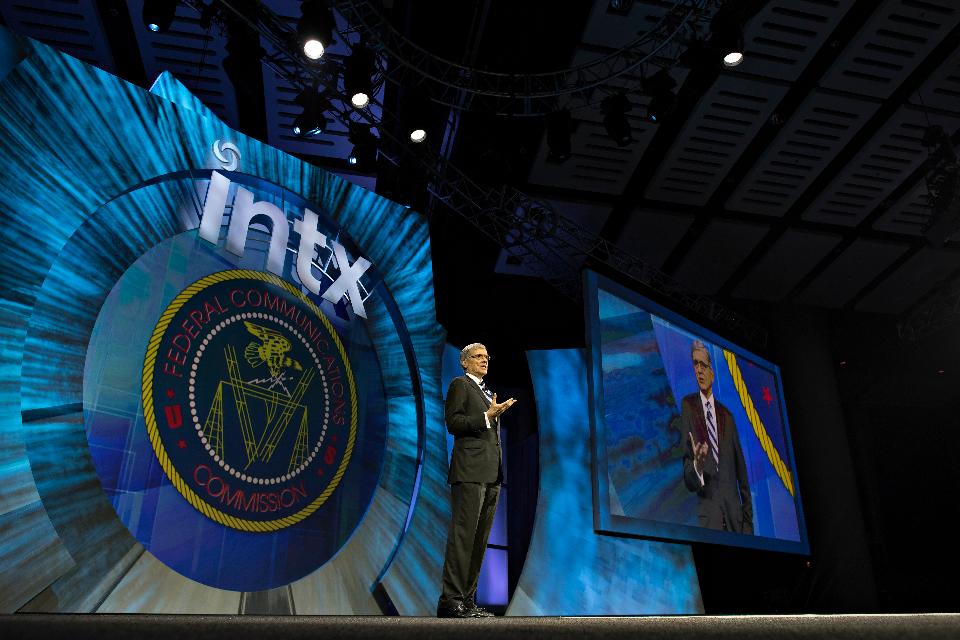Products Category
- FM Transmitter
- 0-50w 50w-1000w 2kw-10kw 10kw+
- TV Transmitter
- 0-50w 50-1kw 2kw-10kw
- FM Antenna
- TV Antenna
- Antenna Accessory
- Cable Connector Power Splitter Dummy Load
- RF Transistor
- Power Supply
- Audio Equipments
- DTV Front End Equipment
- Link System
- STL system Microwave Link system
- FM Radio
- Power Meter
- Other Products
- Special for Coronavirus
Products Tags
Fmuser Sites
- es.fmuser.net
- it.fmuser.net
- fr.fmuser.net
- de.fmuser.net
- af.fmuser.net ->Afrikaans
- sq.fmuser.net ->Albanian
- ar.fmuser.net ->Arabic
- hy.fmuser.net ->Armenian
- az.fmuser.net ->Azerbaijani
- eu.fmuser.net ->Basque
- be.fmuser.net ->Belarusian
- bg.fmuser.net ->Bulgarian
- ca.fmuser.net ->Catalan
- zh-CN.fmuser.net ->Chinese (Simplified)
- zh-TW.fmuser.net ->Chinese (Traditional)
- hr.fmuser.net ->Croatian
- cs.fmuser.net ->Czech
- da.fmuser.net ->Danish
- nl.fmuser.net ->Dutch
- et.fmuser.net ->Estonian
- tl.fmuser.net ->Filipino
- fi.fmuser.net ->Finnish
- fr.fmuser.net ->French
- gl.fmuser.net ->Galician
- ka.fmuser.net ->Georgian
- de.fmuser.net ->German
- el.fmuser.net ->Greek
- ht.fmuser.net ->Haitian Creole
- iw.fmuser.net ->Hebrew
- hi.fmuser.net ->Hindi
- hu.fmuser.net ->Hungarian
- is.fmuser.net ->Icelandic
- id.fmuser.net ->Indonesian
- ga.fmuser.net ->Irish
- it.fmuser.net ->Italian
- ja.fmuser.net ->Japanese
- ko.fmuser.net ->Korean
- lv.fmuser.net ->Latvian
- lt.fmuser.net ->Lithuanian
- mk.fmuser.net ->Macedonian
- ms.fmuser.net ->Malay
- mt.fmuser.net ->Maltese
- no.fmuser.net ->Norwegian
- fa.fmuser.net ->Persian
- pl.fmuser.net ->Polish
- pt.fmuser.net ->Portuguese
- ro.fmuser.net ->Romanian
- ru.fmuser.net ->Russian
- sr.fmuser.net ->Serbian
- sk.fmuser.net ->Slovak
- sl.fmuser.net ->Slovenian
- es.fmuser.net ->Spanish
- sw.fmuser.net ->Swahili
- sv.fmuser.net ->Swedish
- th.fmuser.net ->Thai
- tr.fmuser.net ->Turkish
- uk.fmuser.net ->Ukrainian
- ur.fmuser.net ->Urdu
- vi.fmuser.net ->Vietnamese
- cy.fmuser.net ->Welsh
- yi.fmuser.net ->Yiddish
FCC Opens Up The Set Top Box: What Will It Mean?
February 25, 2016
I certainly don’t know if this proposal will “break” TV as we know it – and neither does the FCC It may take years not only for this proposal to become reality, but to see its impact. But the FCC is going to own the TV world to follow, and that should give anyone who produces, distributes or advertises on television more than fair warning to focus sharply on this proposal and its potential consequences.
The FCC hasn’t released the formal language behind its newly proposed set top box regulation, and its self-proclaimed “bottom line” would seem to be a good deal for vast numbers of consumers:
-“More choice” and “greater flexibility” for how to access video programming other than through the cable box, through Apple AAPL +0.68% TV, Chromecast, etc.;
-“Increased innovation” in “user-friendly interfaces” integrating pay-tv and streaming content on one device (again, those devices exist today);
But the FCC’s implementation plan, even in its broad description, begins to reveal the complexity in creating this brave new post set-top box world. It calls for the creation of a new “independent” body with “openness in membership” to create new standards for opening up access to the set-top box and to the multichannel video (aka “TV”) programming now available on it. It’s not clear to me how independent this body can be with the FCC having mandated the outcome before the work begins.

Thomas “Tom” Wheeler, chairman of the U.S. Federal Communications Commission (FCC), speaks at INTX: The Internet & Television Expo in Chicago, Illinois, U.S., on Wednesday, May 6, 2015. The event, formerly known as The Cable Show, has been the reimagined for doing business in the digital economy by the National Cable and Telecommunications Association (NCTA). Photographer: Daniel Acker/Bloomberg *** Local Caption *** Tom Wheeler
And most everything else the Commission proposes is really a series of promises: that copyright protection and signal security for video programming will be maintained, that existing content deals between television programming producers and distributors will be unaffected, that minority and independent programming will now be “accessed more easily” and that other consumer protections that apply today in multichannel video, in areas such as emergency alerts, privacy and children’s advertising, will remain unaffected. I’m not hearing how this all happens, just the intent.
I get the FCC (and public) frustration with years of seeing separate and never-ending set-top box fees on cable bills, and the relative lack of innovation for a long time in this area. Congress pushed for more set top box competition in the 1996 Telecommunications Act (happy 20th anniversary) and the “AllVid” predecessor proceeding began in 2010. My former cable industry colleague and long-time General Counsel of TiVO, Matt Zinn, is not unreasonable to note that the cable industry might well have avoided this new mandate if they had years earlier permitted a greater degree of willingness to work with third parties such as TiVO and others on enhancing set top box functionality.
But my bigger concern here is an FCC focus on the set top box (and its competitor devices) in isolation. The real issue going forward is the fragility and adaptability of the television “ecosystem” which has long depended upon a dual stream of funding from consumers (subscriber fees) and marketers (advertising).
I sit in meetings literally every day in which the biggest players in media are seeking to adapt their businesses as rapidly as they can in response to massive shifts in consumer behavior, technological innovation and newly emerging business models. What impact will there be for a new artificially imposed change, with a prolonged process of comment making, rule construction, appeals, standard-setting and trial and error? And this comes atop just a few “small” changes already girding the ecosystem:
-A proliferation of new and/or improved boxes (or sticks) available today, from Roku to Apple TV to Amazon Fire to iPhones with available to a huge range of Internet-delivered programming and even the availability of cable programming (from Time Warner TWX -0.62% Cable) on Roku
-Beginnings of a shift to IP-delivered television (even an announcement from smaller broadband provider Frontier Communications just yesterday)
-A genuine experimentation in the multichannel video services themselves with more consumer choice such as “skinny bundles” from Verizon, Comcast, DISH and others, as well as Google Fiber
-Cable ratings down almost across the board as viewership is taking place on a variety of other devices and apps, threatening the network model
I’m sorry that all of this change isn’t enough yet for the FCC – but it’s pretty dramatic for the rest of us. The bottom line here is that there is a tremendous amount at stake in the television business with no convincing impact statement from the FCC nor any comforting roadmap for the future (not that that is possible in this environment). Lord (and my fellow Democrats) forgives me, but in the words of another famous Republican, Donald Rumsfeld: “there are unknown unknowns. There are things we don’t know we don’t know (emphasis added).” In terms of wondering about the real FCC impact here, that’s what I’m afraid of.

